TechRadar Verdict
It's sad to think that this might be BlackBerry's last release because with the Z30 it has finally, belatedly, figured out how to make a really good touch screen smartphone. Unfortunately rivals worked the same thing out much more quickly, and their flagships are better buys.
Pros
- +
Great battery life
- +
Unified messaging hub
- +
Premium feel
- +
Good web browsing
Cons
- -
Poor navigation
- -
Lack of apps and games
- -
Wi-Fi issues
- -
Expensive
Why you can trust TechRadar
The BlackBerry Z30 is too late. This isn't the place to recap BlackBerry's highs and lows, but with the reassuringly expensive Z30 in your hand it's tough not to muse about what might have been. This is a smartphone worthy of flagship status, and it offers a significant improvement over the BlackBerry Z10.
This is a heavy smartphone with a 5-inch 720p Super AMOLED display, a really premium build, and a solid set of specs, including a 1.7GHz dual-core processor, 2GB of RAM, 16GB of internal storage, 4G support, an 8MP rear camera, 2MP front camera, and a big 2,880mAh battery.
Sadly for BlackBerry, these are cutting edge specs from more than a year ago; it simply hasn't been able to keep up with the pace set by the leading Android manufacturers with phones like the Samsung Galaxy S4, the LG G2, and the Sony Xperia Z1.
It may be able to compete with the likes of the Nokia Lumia 925 on paper, but it's more expensive than its Windows Phone rival.
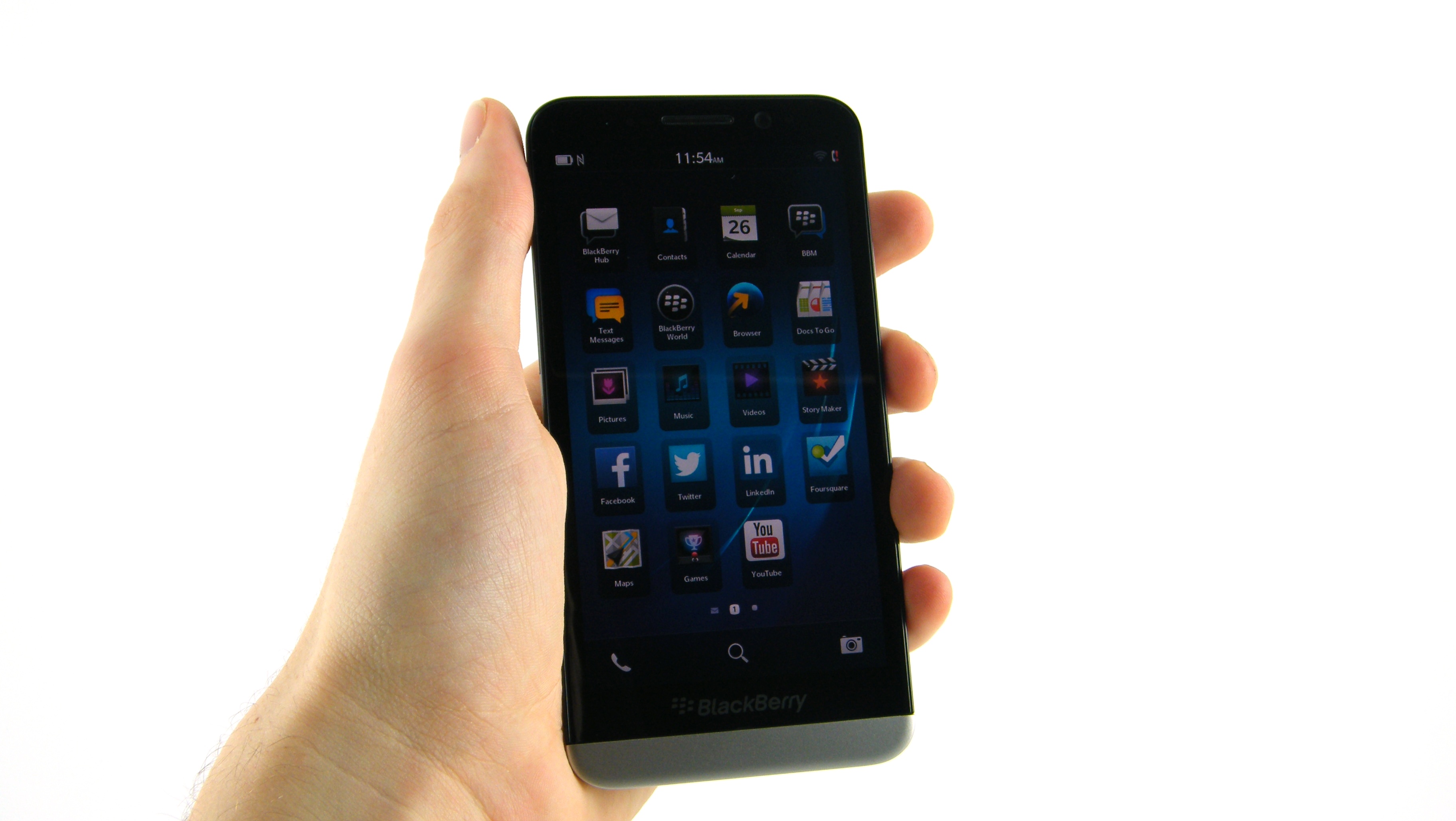
If you do covet the BlackBerry Z30 then you'll need to lay down £529 (around $850, AU$905) for a SIM-free handset. Alternatively, you should be able to pick one up for free by committing to a two-year contract at £32 per month or more.
The niche market of business users that the Z30 might appeal to probably won't balk at that price. It's a tough sell for the wider consumer market and few people will be persuaded to board a sinking ship by anything less than a stellar handset.
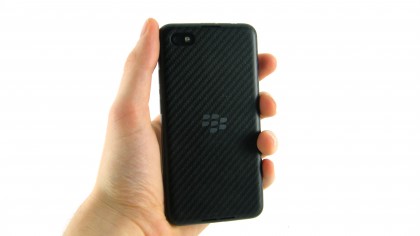
This better-looking, big brother of the Z10 measures 140.7 x 72 x 9.4mm. It doesn't feel overly big for a phone with a five-inch display. It may not quite achieve the super-slim bezel of the Galaxy S4, but it manages to undercut the Xperia Z1 on height and width, even if it isn't quite as svelte.
Sign up for breaking news, reviews, opinion, top tech deals, and more.
It has the typical black glass slab aesthetic that all the young phones are sporting nowadays, but the silver bar at the bottom of the screen breaks it up nicely and runs around the edge to provide a welcome contrast with the plastic.
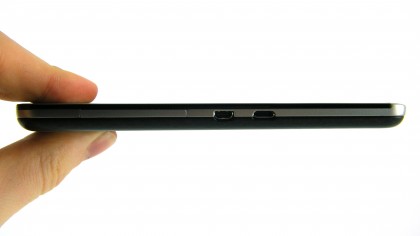
The back cover is subtly textured plastic with the classic silver BlackBerry logo in the middle. The camera and flash break up the woven pattern and sit offset to the left at the top. The cover snaps off, with a bit of encouragement, to reveal slots for a SIM card and a microSD card. You can swap microSD cards up to 64GB in size without having to switch the Z30 off. The battery is non-removable.
There are no buttons at all on the face and the bottom edge of the Z30 is similarly naked. On the right spine there's the volume up and down buttons, which double up as camera keys when the camera app is open.
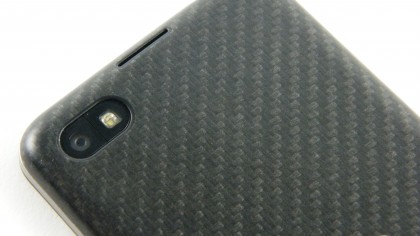
There's also a dedicated voice control key in between the volume controls and it launches BlackBerry's answer to Siri and Google Now. When you're playing music or videos this key doubles up as a play/pause control.
Up top you'll find the central power button with a standard 3.5mm headphone port to the left of it. The left spine is home to the microUSB and the microHDMI ports, but you only get a USB cable in the box.
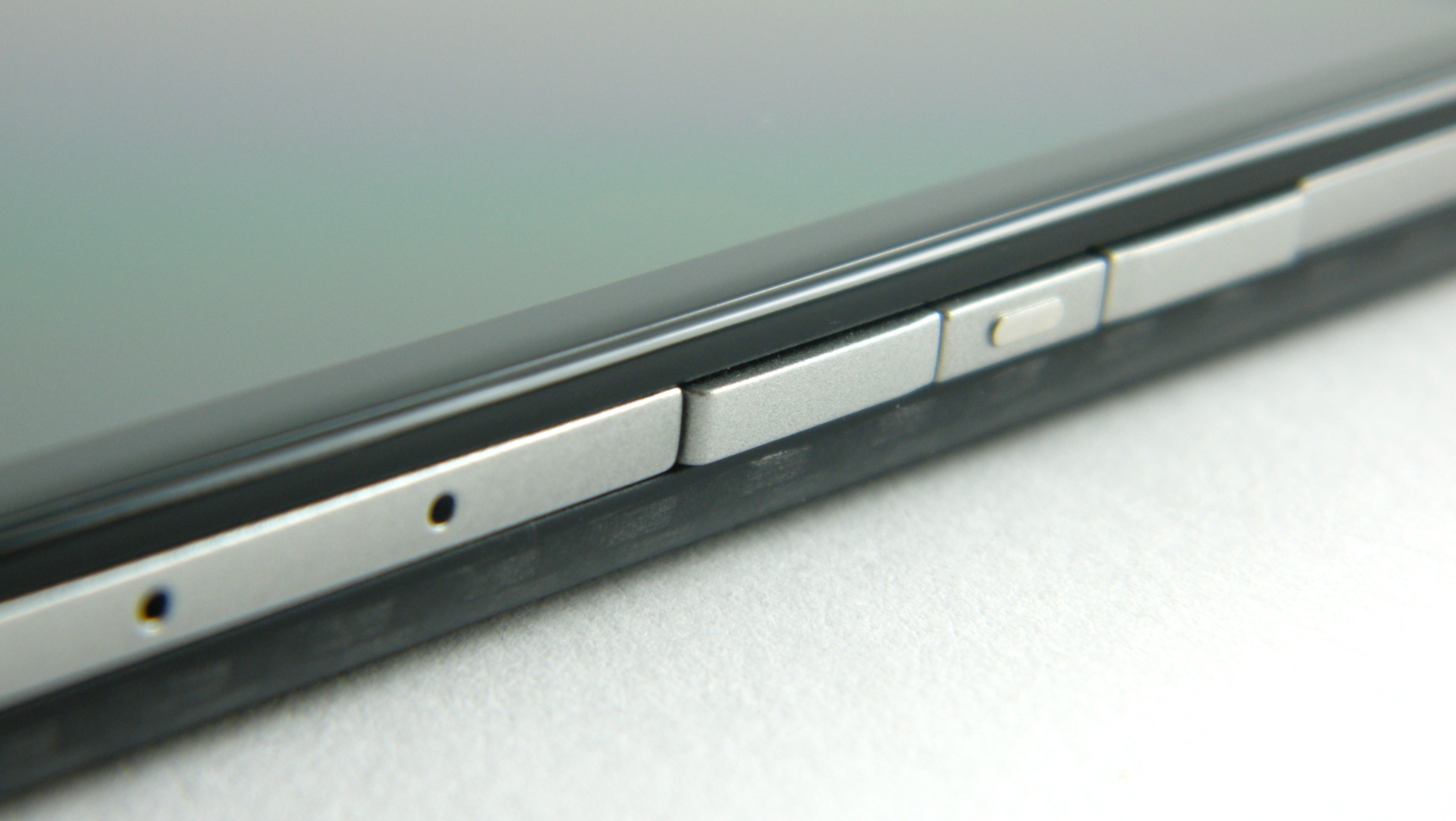
At 170g you're going to feel the weight of the Z30 as soon as you pick it up. This is one of the heaviest smartphones around, but that's not to say it's uncomfortable to hold, because it isn't.
The textured plastic back cover actually provides a lot of grip, but it's still easy to slide in and out of a pocket. It's awkward to try and use the Z30 one-handed, though.
